Madagascar Jasmine, also called Stephanotis Floribunda, is a lovely plant. It is known for its beautiful, fragrant flowers. Many people love to grow this plant indoors and outdoors. This guide will help you learn about Madagascar Jasmine.
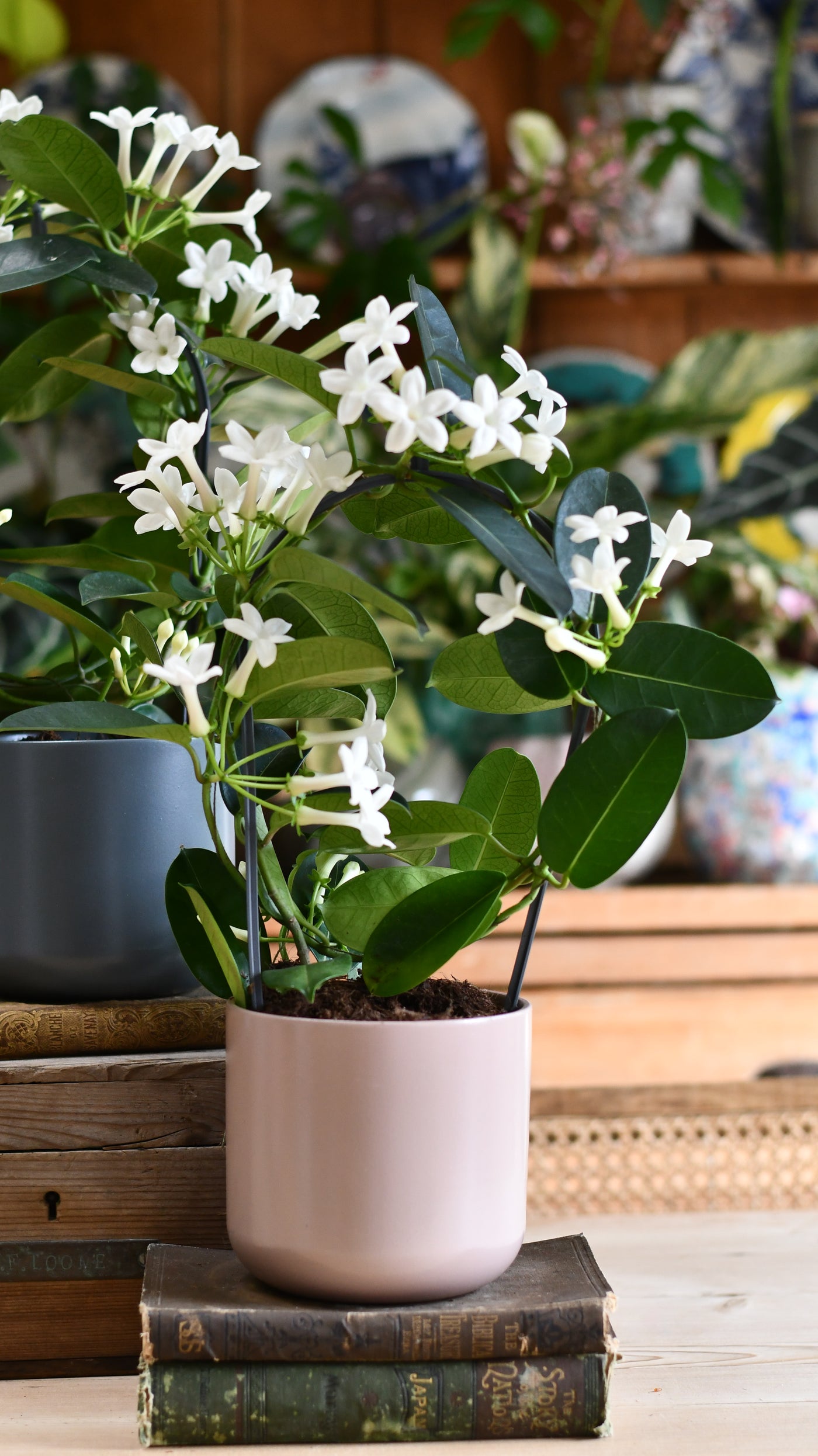
Credit: www.happyhouseplants.co.uk
What is Madagascar Jasmine?
Madagascar Jasmine is a flowering vine. It comes from Madagascar, an island off the coast of Africa. The plant can grow up to 10 feet long. It has dark green leaves and white flowers. The flowers have a sweet smell. They bloom in summer and fall. The name “Stephanotis” means “crown” in Greek. This name fits because the flowers look like crowns.
How to Care for Madagascar Jasmine
Caring for Madagascar Jasmine is simple. Here are some tips:
1. Light
This plant loves bright light. Place it near a sunny window. It can handle some direct sunlight. But too much sun can burn the leaves.
2. Water
Water the plant when the soil feels dry. Use room temperature water. Do not overwater. Too much water can lead to root rot.
3. Humidity
Madagascar Jasmine likes humidity. It grows best in a humid place. You can mist the leaves to help. Or place a tray of water near the plant.
4. Temperature
This plant prefers warm temperatures. Keep it between 65°F and 80°F. Protect it from cold drafts. Avoid placing it near air conditioning vents.
5. Fertilizer
Feed the plant with a balanced fertilizer. Do this every two weeks in spring and summer. Reduce feeding in fall and winter.
6. Pruning
Prune your Madagascar Jasmine to keep it healthy. Remove dead or yellow leaves. Cut back long vines to encourage new growth.
Propagation of Madagascar Jasmine
Propagation means growing new plants. You can propagate Madagascar Jasmine in two ways.
1. From Cuttings
Take a cutting from a healthy plant. Cut a stem about 4 to 6 inches long. Remove the bottom leaves. Place the cutting in water. Wait for roots to grow. This can take a few weeks. Once roots appear, plant it in soil.
2. From Seeds
You can also grow Madagascar Jasmine from seeds. First, soak the seeds in water for one day. Then plant them in a seed-starting mix. Keep the soil moist. Place them in a warm spot. Germination can take several weeks.
Common Problems with Madagascar Jasmine
Sometimes, Madagascar Jasmine can have problems. Here are some common issues:
1. Yellow Leaves
Yellow leaves can mean too much water. Check the soil. If it is soggy, reduce watering.
2. Dropping Leaves
If the leaves fall off, it may be too dry. Increase humidity. Mist the plant more often.
3. Pests
Look for pests like spider mites or aphids. You can wash them off with water. Use insecticidal soap if needed.
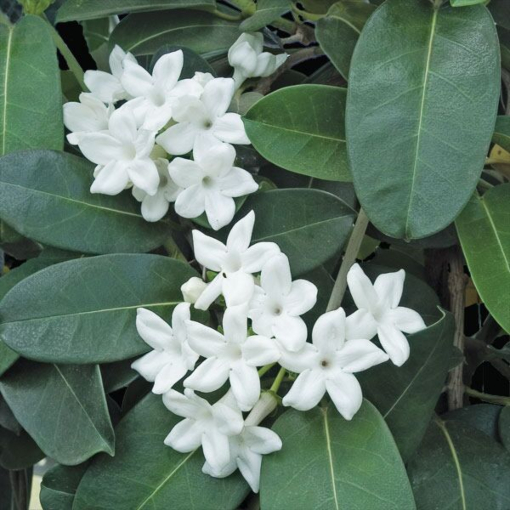
Credit: www.logees.com
Benefits of Madagascar Jasmine
Madagascar Jasmine has many benefits. Here are a few:
1. Air Purification
This plant helps clean the air. It removes toxins and improves air quality.
2. Aesthetics
Madagascar Jasmine looks beautiful. It can enhance your home or garden. The flowers add a lovely touch.
3. Fragrance
The sweet scent of the flowers is delightful. It can make your space feel fresh and inviting.
Uses of Madagascar Jasmine
Madagascar Jasmine is not only pretty. It has many uses:
1. Decorative Plant
People grow it for decoration. It is popular in homes and offices.
2. Wedding Flowers
These flowers are often used in weddings. They make beautiful bouquets and centerpieces.
3. Aromatherapy
The fragrance is used in aromatherapy. It can help relax and calm the mind.
Conclusion
Madagascar Jasmine is a wonderful plant. It is easy to care for and lovely to look at. With its sweet-smelling flowers, it can brighten any room. Whether you grow it indoors or outdoors, it will bring joy. Follow the tips in this guide to help your plant thrive. Enjoy the beauty and fragrance of Madagascar Jasmine!
Frequently Asked Questions
1. Is Madagascar Jasmine A Perennial Plant?
Yes, it is a perennial vine. It can live for many years with proper care.
2. Can Madagascar Jasmine Grow In Pots?
Yes, it grows well in pots. Just ensure the pot has drainage holes.
3. Does Madagascar Jasmine Attract Bees?
Yes, the flowers attract bees and other pollinators.
4. How Often Should I Water Madagascar Jasmine?
Water it when the soil feels dry. Usually, once a week is enough.
5. Can I Grow Madagascar Jasmine Outdoors?
Yes, it can be grown outdoors in warm climates. Just protect it from frost.


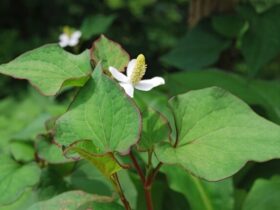


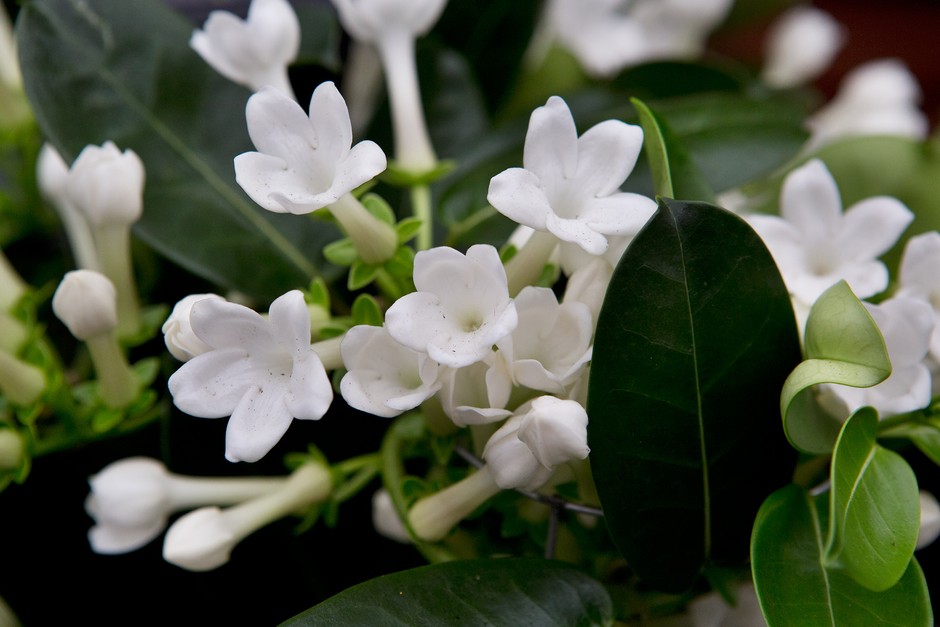




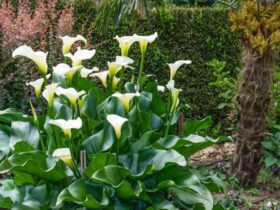
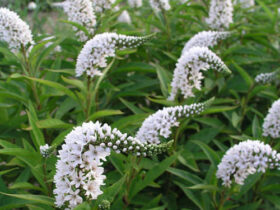
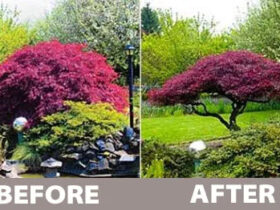

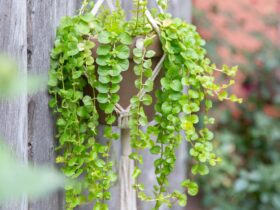
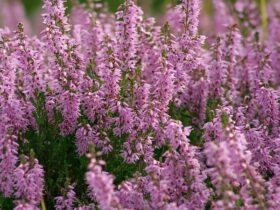

Leave a Review